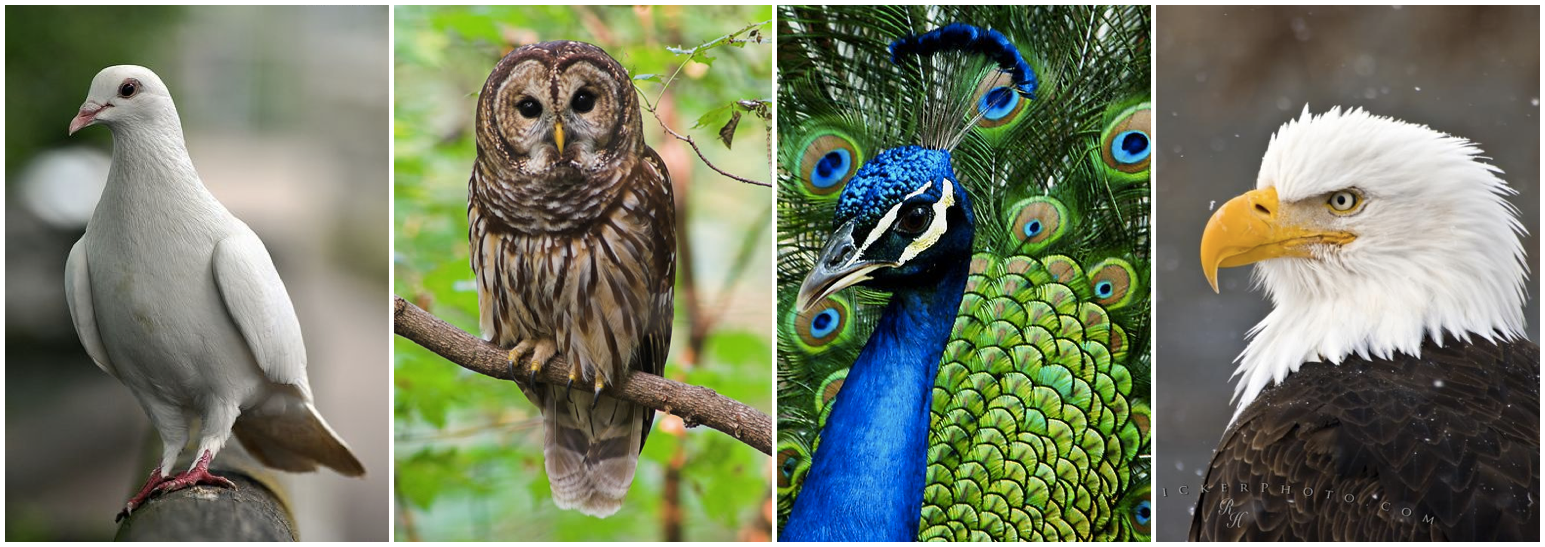Alexander Knights, PhD Candidate
Personalities in Science: DOPE testing
What traits would you commonly associate with scientists? Rational, methodical, analytical? You certainly wouldn’t be alone if any of those traits came to mind – science is a discipline based upon rational inquiry and analysis of observations after all. Edwin Hubble summed up the life of a scientist well in his 1929 piece “The Exploration of Space” when he proclaimed that “equipped with his five senses, man explores the universe around him and calls the adventure Science”. But does every scientist utilise these five senses, let alone process them, in the same way?
I became interested in the personalities of scientists a few years ago after looking into the work of Carl Jung, the founder of analytical psychology. His ideas and writings have spawned a number of so-called ‘personality tests’ which are widely available on the internet, and a pet-favourite of most human resources departments. You may have heard of the Myers-Briggs Type Indicator (MBTI) or the Jungian Type Index (JTI) – essentially these are questionnaires designed to reveal an individual’s character and personality traits. And whilst these tests are often given too much weight (‘personality type testing’ is a billion dollar industry), they can be both fun and informative – especially in a scientific setting!
My favourite personality test is the “DOPE” test because it is accessible and understandable for a wide range of audiences, a good conversation starter, and can be accessed for free! Of course, it’s not the kind of dope testing you traditionally hear about…rather, the acronym DOPE is derived from the names of four birds: dove, owl, peacock, eagle. Knowing this, you can probably already guess what personality types this test yields. The DOPE test uses a series of 20 questions in which you choose the word that best describes you, and you end up with a breakdown of how your responses fit into the ‘personality’ of each bird type, which I sum up as follows:
Dove: friendly, loyal, non-assertive
Owl: analytical, attention to detail, methodical
Peacock: sociable, enthusiastic, outgoing
Eagle: driven, direct, goal-oriented
Over the last few years, I have given this test to a number of my scientific peers, mainly out of curiosity but also to generate reflective discussion. And the results have been very interesting! I have realised that yes, while the analytical and rational traits of an ‘owl’ are the most prevalent as expected, there is much more diversity of personality in science than I initially considered. And after reflecting on this in the context of lab dynamics, it makes complete sense.
Doves are known for their caring and empathetic nature, which can be invaluable in the high-pressure setting of a scientific lab. These are the peers which comfort and console, helping to give direction and re-assurance when times may be difficult. We certainly have doves in our lab! Then there are peacocks, which may rub off as overly extroverted and gregarious at times, but can also be central to the social vibrancy of a lab team. Further, they are natural communicators, which is a huge advantage when disseminating your research. Lastly, eagles are crucial for providing overall direction and drive, as well as keeping others accountable. You might think of lab heads as being archetypal eagles, and often they are – but not always!
Seeing the results of these DOPE tests has not only provided some entertaining conversation over the years, but has also helped me to better understand lab dynamics and the contribution of different personalities to the scientific environment. Scientists are fundamentally methodical, rational and analytically-minded, but stopping there would do a great disservice to the many shades of personalities on show in our world. So although it isn’t a perfect test, I still believe it is a worthwhile exercise and can be a bit of fun at the same time, for scientists and non-scientists alike. It’s even insightful to get another person to perform the test for you – it can give some good perspective.
Happy DOPE-ing!


2 Comments